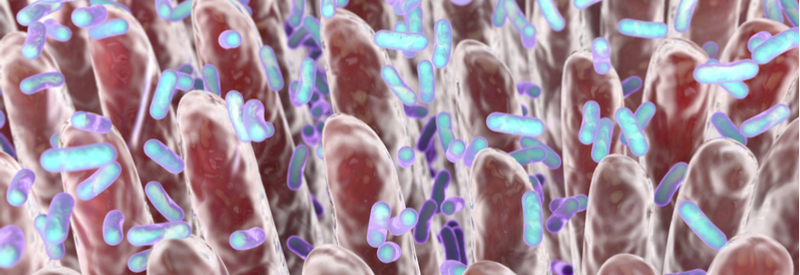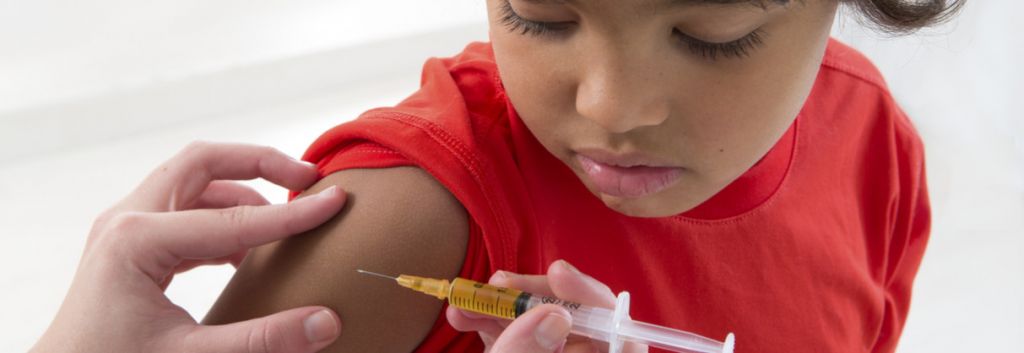Dutch scientists have found that altering a patient’s microbiome with antibiotics before a vaccination can boost the body’s resulting immune response against rotavirus infection.
Rotavirus causes severe vomiting and diarrhea and largely affects children. Over 200,000 children are killed by the virus each year.
The rotavirus vaccine is made of weakened strains of the rotavirus, which infects and replicates in the patient’s cells. The patient’s immune system then identifies and destroys the microbes, which prepares the body to ward off the same infection in the future.
It is becoming increasingly evident that gut bacteria are linked to a range of different diseases, from Alzheimer’s to inflammatory bowel disease. As a result, biotechs are searching for new treatments that target the human microbiome. Now, scientists in the Netherlands have shown that modulating the microbiome with antibiotics could boost the effect of rotavirus vaccines.

The Dutch researchers used several antibiotics to see whether targeting the microbiome could boost the vaccine’s effectiveness. To do this, they compared levels of the weakened rotavirus strains in adults treated with antibiotics prior to vaccination and in those who did not receive antibiotic treatment.
“We found that the weakened live virus in the vaccine replicates at a higher level in antibiotic-treated recipients,” commented Vanessa Harris, who led the study. Higher levels of the weakened virus could increase a person’s immune response to the vaccine.
The team previously found that infants with a strong immune response to the rotavirus had a notably different gut microbiome compared with children who did not. Even though children and adults have different microbiomes, the researchers believe their current findings warrant further studies into the effects of the microbiome on vaccine efficacy.
While vaccines protect children against rotavirus infection, they are less effective in low-income areas. The reasons behind this are not understood. Modulating the microbiome may be one route to improving vaccine performance and protecting them against the disease.
Images by JPC-PROD/Shutterstock





